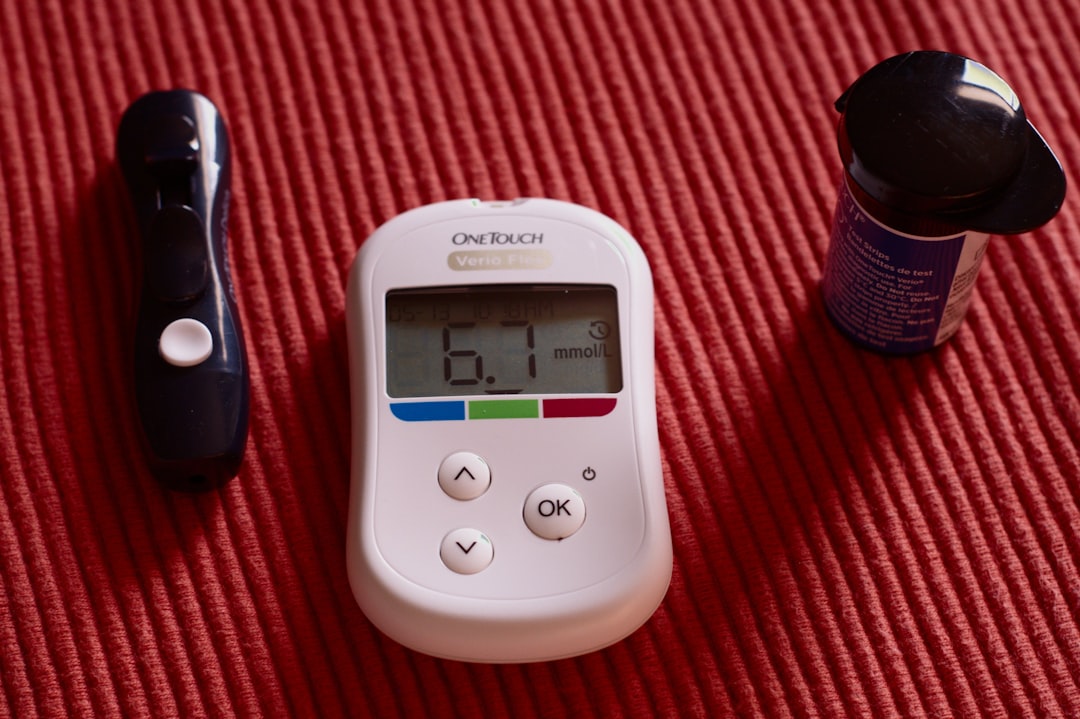What is it about?
Nigella sativa L. has been widely used in the Unani, Ayurveda, Chinese and Arabic medicine systems, and has a long history of medicinal and folk uses. Several phytoconstituents of the plant are reported to have excellent therapeutic properties. In-vitro and in-vivo studies have revealed that the seed oil and thymoquinone have excellent inhibitory efficacy on a wide range of both pathogenic and non-pathogenic fungi.
Featured Image

Photo by Mockupo on Unsplash
Why is it important?
Black cumin seeds as well as the extract of aerial parts were found to exhibit strong antifungal activity against a wide range of fungi. Among the active compounds, thymoquinone exhibited most potent antifungal effect. Several recent researches provided credible evidence that black cumin has an inhibitory effect on biofilm formation and growth.
Perspectives
The review provides an in-depth analysis of the antifungal activity of black cumin. This work emphasizes the need to expand studies in this plant to exploit its antifungal properties for biomedical applications.
Raghvendra Pandey
Read the Original
This page is a summary of: The Emergence of N. sativa L. as a Green Antifungal Agent, Mini-Reviews in Medicinal Chemistry, September 2024, Bentham Science Publishers,
DOI: 10.2174/0113895575282914240217060251.
You can read the full text:
Contributors
The following have contributed to this page










